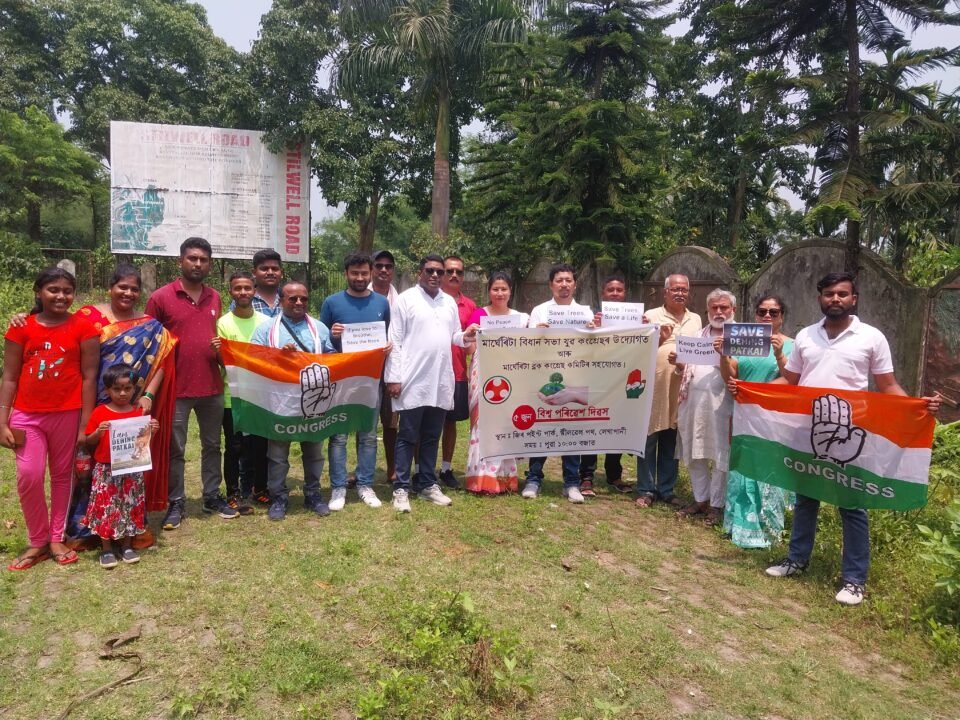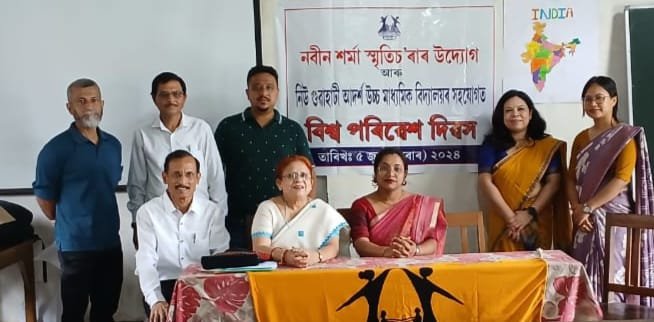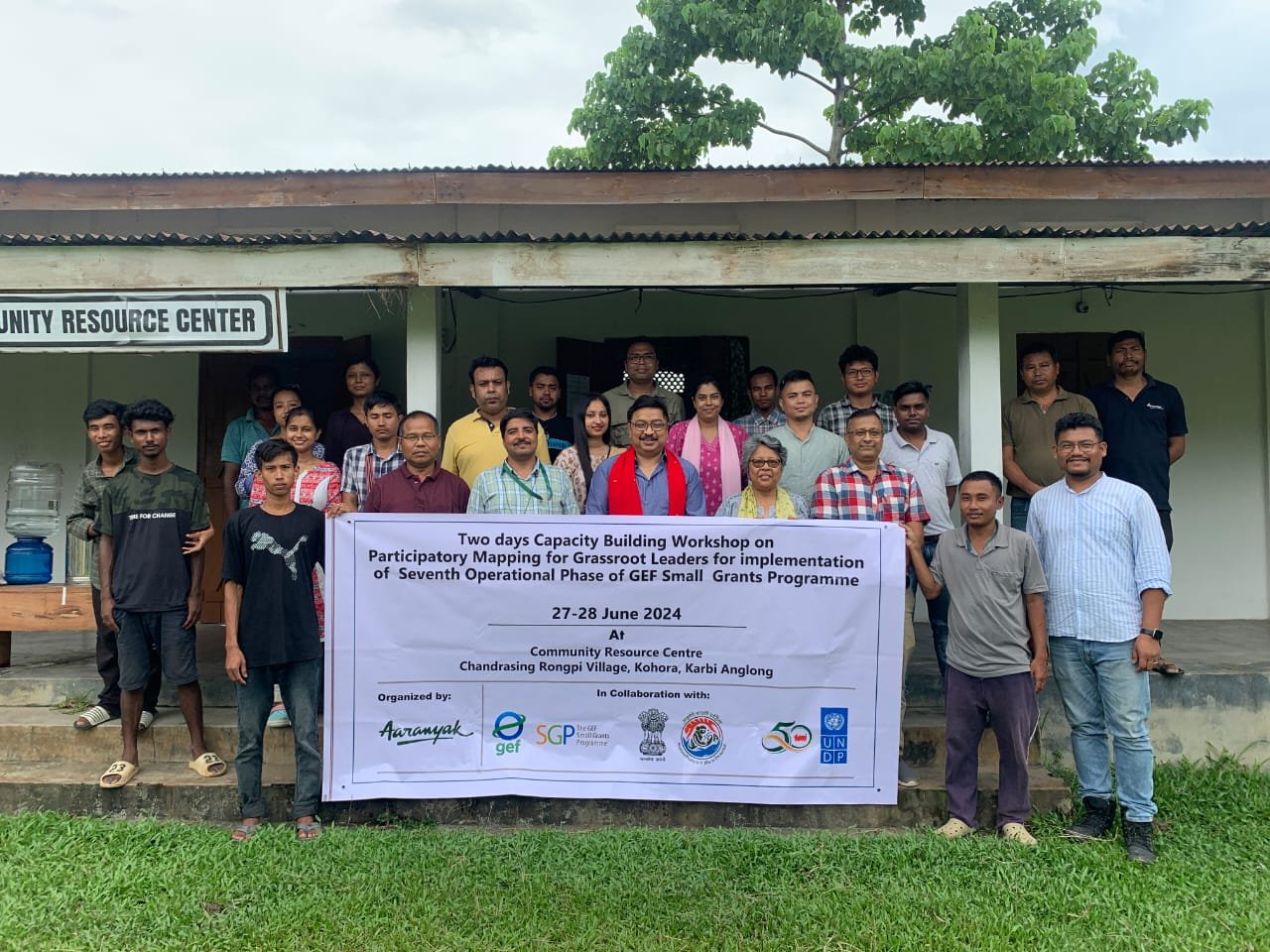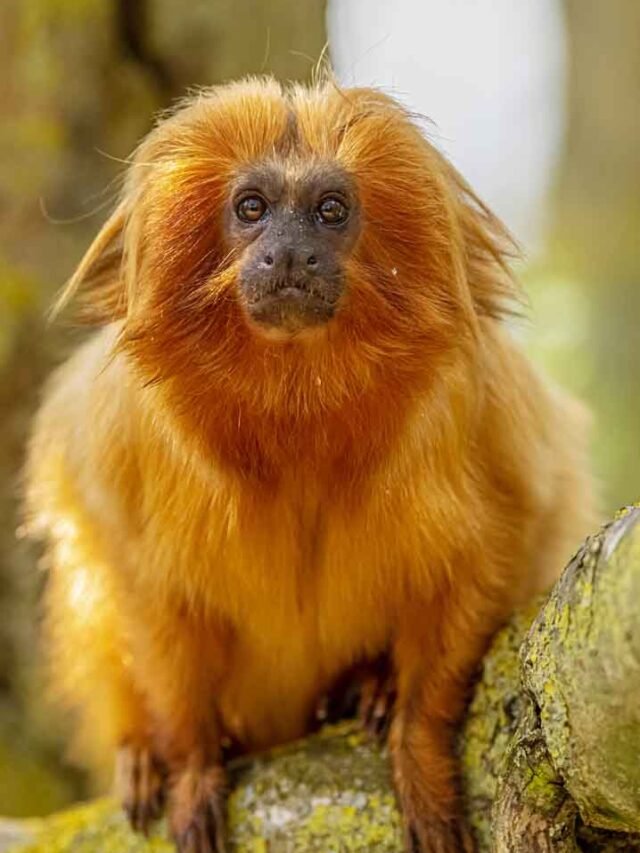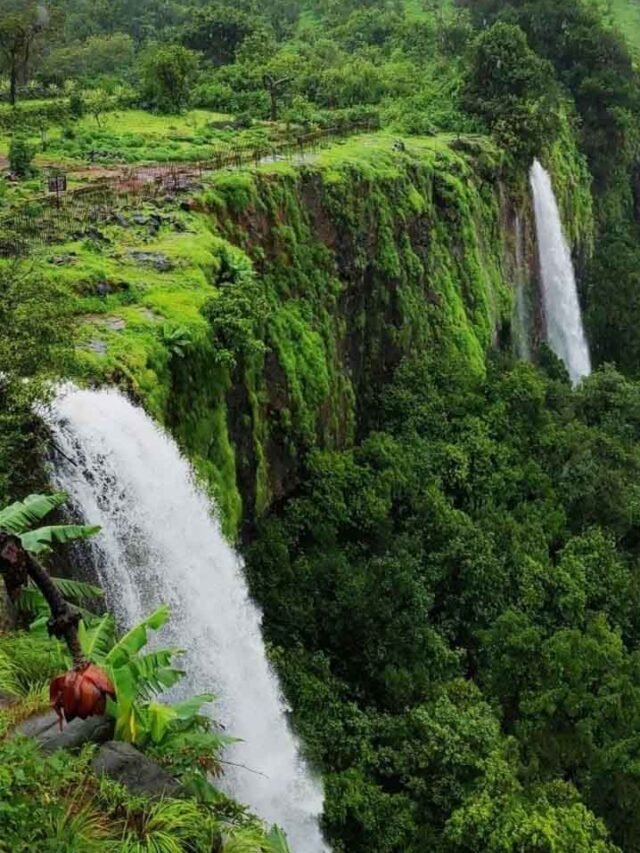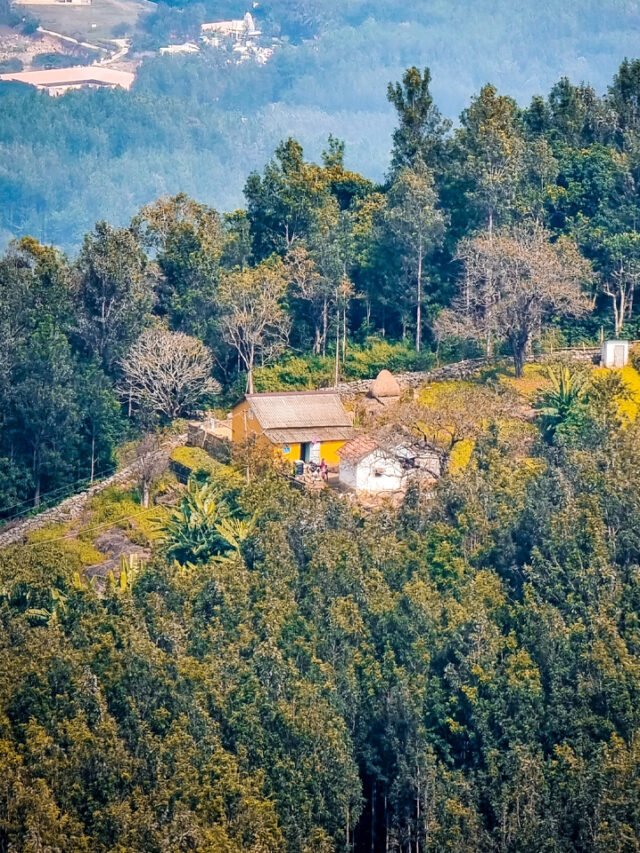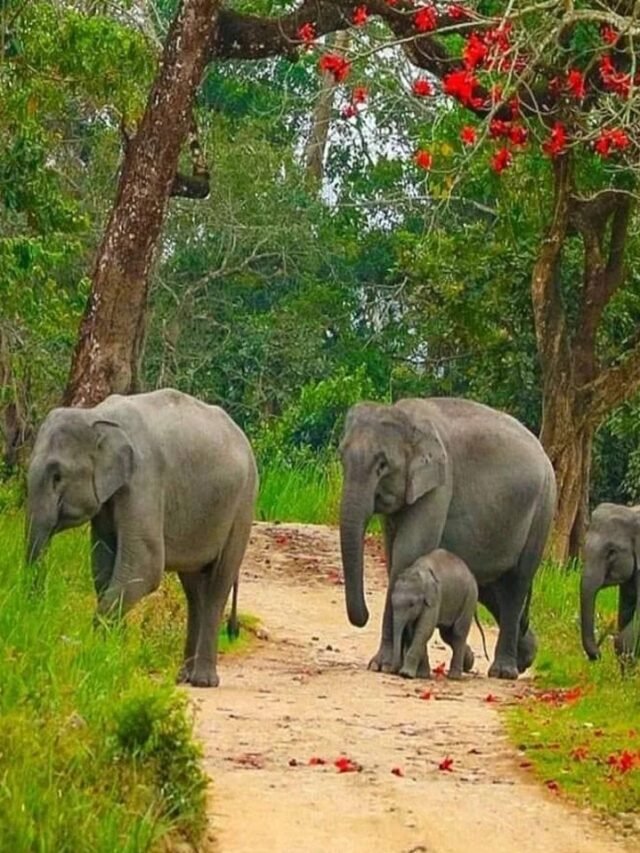HT Bureau
GUWAHATI, Dec 15: In a collaborative initiative, the Assam State Biodiversity Board (ASBB) and Aaranyak organised a comprehensive training program at Nunai Forest Range, under the Dhansiri Forest Division in Udalguri district of Assam. The training, conducted under the UNDP GEF Small Grant Project (OP7) and the Ministry of Environment, Forest and Climate Change (MoEF&CC), was executed by Aaranyak and implemented by The Energy Resource Institute (TERI).
The program, designed for members of Biodiversity Management Committees (BMC), youth, local NGOs, and the community, focused on the documentation of biodiversity and updating of the People’s Biodiversity Register (PBR). The PBR, a living legal biodiversity document, actively involves local communities in recording and conserving biodiversity, serving as a repository of traditional knowledge about local ecosystems and species.
The training aimed to strengthen the capacity of local BMCs for biodiversity documentation, with a particular emphasis on engaging youth, local NGOs, and communities. Biodiversity documentation plays a crucial role in monitoring ecosystem changes, identifying endangered species, and assessing the impact of human activities on biodiversity.
Dr Oinam Sunanda Devi, ASBB’s scientific officer, provided insights into the Biological Diversity Act 2002, the role of the National Biodiversity Authority (NBA), and the structure of the 7-member Biodiversity Management Committee. Dr Mazedul Islam, technical officer of ASBB, delved into the biodiversity documentation process, including local flora and fauna, traditional practices, and reliable online portals for species identification.
The training involved eight members of the local BMC, six members of a local NGO, 10 community members, and 17 students. Ranger officer Anup Narzary and all staff of Nunai Forest Range also participated in the program. The event, led by Jayanta Kumar Pathak and Rabiya Daimari of Aaranyak, saw active involvement from various Aaranyak team members, promoting a sense of ownership and responsibility for biodiversity conservation at the grassroots level.
The comprehensive training not only equipped participants with essential knowledge but also highlighted internship opportunities with ASBB, fostering a collaborative approach toward sustainable coexistence between people and nature.



